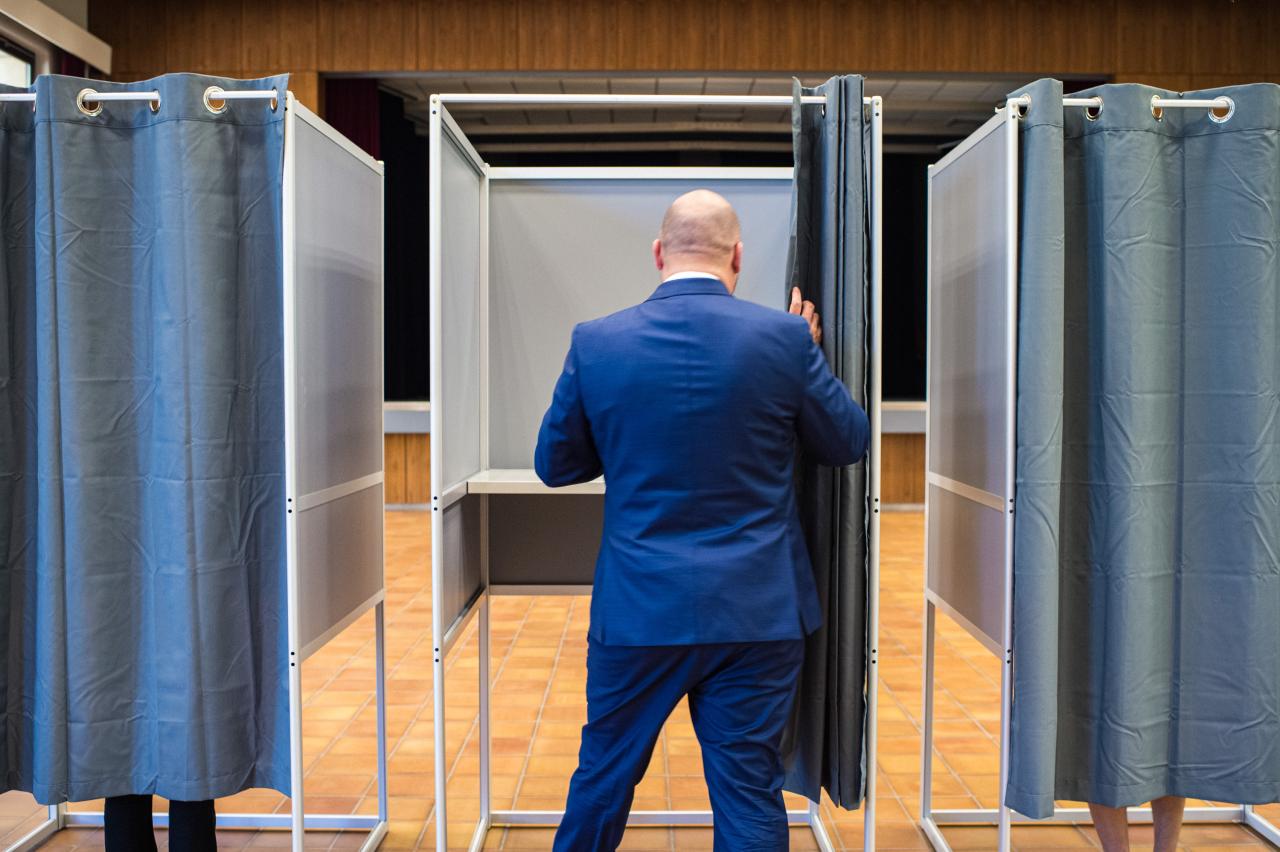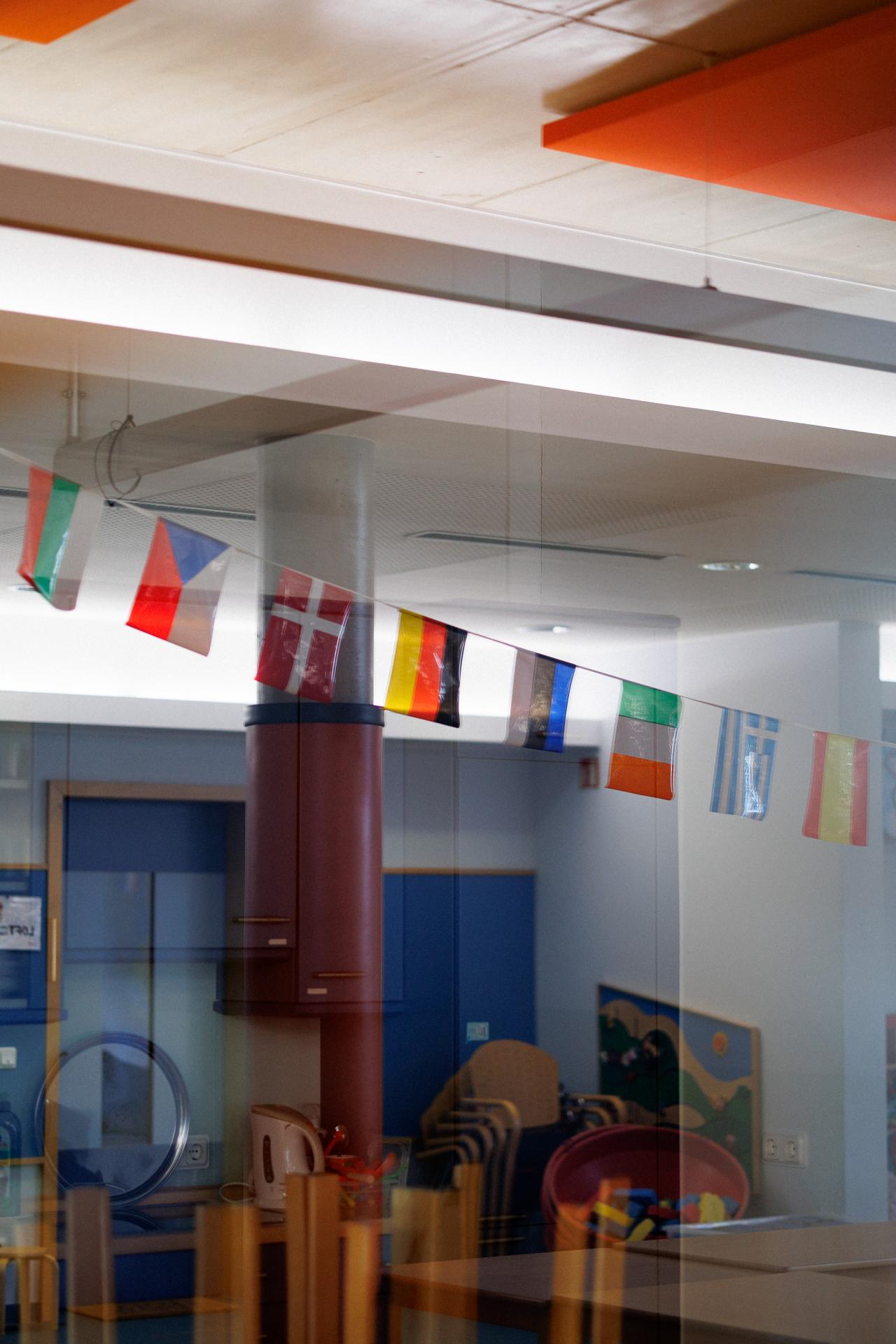Behind the scenes of the Superwaljoer
By Camille Frati, Misch Pautsch, Lex Kleren Switch to French for original article
Listen to this article
The new year is a fitting opportunity to look back on the last twelve months. For the Journal team, this means reflecting on more than 600 published articles and podcasts, as well as at least three times as many conducted interviews. Each team member has selected the contribution that has marked them the most in 2023.
The year 2023 has long been a key date for the parties because of the concomitance of the municipal and legislative elections, both of which are decisive for the country. A Superwaljoer is bound to be closely followed by journalists from all media. For the Lëtzebuerger Journal, these first elections since we went 100% digital could have been a challenge, as we weren't just going to be covering press conferences, political meetings or election evenings.
I'm very proud of what we have contributed to the public debate through our demanding but democratically beneficial editorial line, with articles and interviews that invite readers to step away from the media hubbub to tackle key issues such as party campaign budgets, disqualification of convicted voters, the choice of slogans or what the parties are actually proposing to tackle the housing crisis.
For my part, I've been working on the (poor) monitoring of the campaign in the media, the (false) multilingualism in the municipal election campaign, the (obsolete) division of the country into electoral constituencies and the fascinating history of the coalitions that have governed the country since 1945. These are all subjects that require a great deal of painstaking work, which can be hard to spot at first glance.
This is especially true when it comes to statistics: even the official election website is not free of errors, as I discovered when I realised that the data on registered voters by constituency for the 2004 elections were exactly the same as those for the 1999 elections.
"It's not just a question of telling the little story behind the big story, but of shedding light on the consequences of elections that shape the country's future."
I had the chance to interview active politicians past and present about the customs of Luxembourg politics, its coups d'éclat, and how they experienced coalition negotiations or major crises such as the decline of the steel industry from the inside. The testimonies of Colette Flesch, Alex Bodry and Marc Spautz also gave a more human view of what a government is, how it is formed and the personal relationships that explain a particular decision.
The aim is not just to tell the little story behind the big one, but to shed light on the consequences of elections that shape the future of the country, whether we're talking about transport infrastructure, the economy or housing. And to analyse how each party has influenced the course of the country's history – modulating its discourse a little or a lot depending on its coalition partner. That's what I wanted to talk to our readers about, not the fake debates in tweets during the election campaign. Our raison d'être as journalists is to put speeches and decisions in their historical context, to fuel public debate, to awaken public opinion and to challenge the government if necessary.
The icing on the cake is that, thanks to this research and these encounters, I've learnt a lot about the country, even though I wasn't born there and have only known it on a day-to-day basis since 2009. New knowledge that will enable me to understand and analyse it even better in the future.









